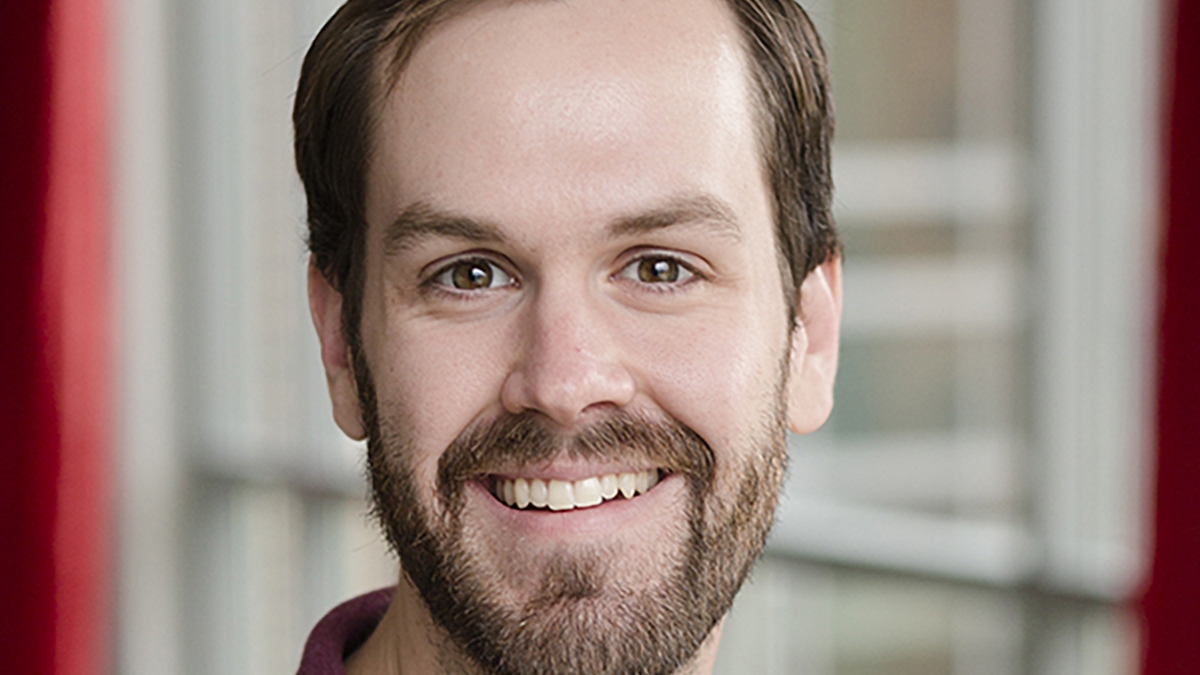New music theory professor to work with popular music program

Nicholas Shea
Music theorist Nicholas Shea will join the ASU School of Music, Dance and Theatre as assistant professor of music theory beginning in August 2020.
“We are thrilled to have attracted Nicholas Shea to our faculty,” said Heather Landes, director of the school. “Dr. Shea’s research interests in popular music performance practice and meter perception complement our diverse offerings and will contribute greatly to our curriculum.”
Shea specializes in the relationship between performance practice and the transmission of musical style. His research investigates how instrument performance and the body can be used to better understand how styles, such as popular music, are developed and transmitted to listeners in real time.
“The new popular music degree program in the School of Music, Dance and Theatre is exciting for me as there is rarely room made in traditional music conservatories for musicians who may have not had access to formal instruction before enrolling,” said Shea, a self-taught bass player. “Because the school is creating a program for popular-music artists who are not formally trained and do not necessarily hold the same priorities as music theorists, I knew I wanted to be a part of this important step forward.”
His recent work on guitar performance practice in popular music employs a variety of interdisciplinary techniques, including motion-capture study, corpus development and analysis and close analytical readings.
In addition to popular music performance practice, Shea also conducts studies on meter perception in19th-century French and Italian opera, in bluegrass music, and during moments of harmonic ambiguity.
As a graduate of three different state-school music programs, he has performed, studied and taught music in a variety of settings, from ensemble performing and jazz trio gigging to elementary and high school student teaching.
Shea holds a bachelor's degree in music education from the University of Missouri-St. Louis, a master’s degree in music theory from the University of Massachusetts, Amherst and a PhD in music theory from Ohio State University.
“Teaching music has always been an important part of my identity as a musician, and I am consistently energized by the time I spend the in the classroom,” Shea said.
With a background in jazz and popular music, Shea said he is able to provide students with the resources to study repertoires and composers that have traditionally been overlooked in music theory. He also uses music cognition training to foster student engagement with more perceptually accessible features of musical organization such as timbre, texture and rhythm.
Shea plans to continue his research on instrument performance and style at ASU and looks forward to working with the theory faculty to reshape the theory core curriculum, in addition to offering graduate courses on popular music, contemporary performance practice and empirical music analysis.

